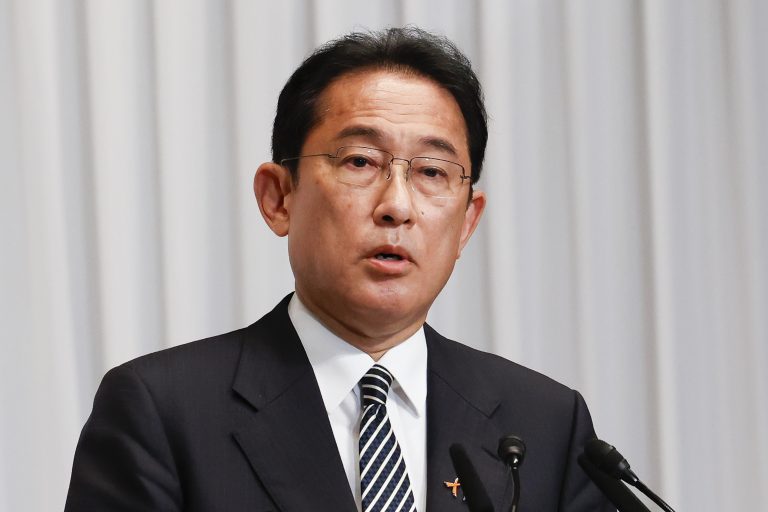Liberal Democratic Party (LDP), the current ruling party of Japan, has won the 2021 general election, securing a majority of seats in the national parliament. During the election campaign, LDP leader and Prime Minister of Japan, Kishida Fumio, promised to double the country’s defense spending to counter the threat posed by the Chinese regime.
“It was a tough election, but the outcome shows the will of the people to task my government with shaping the future of this country,” Kishida said.
On Nov. 10, the Japanese parliament is expected to convene a special session during which time Kishida will be confirmed to remain in power. The Cabinet will also likely remain unchanged and be launched the same day.
In the House of Representatives, which is the lower chamber of the parliament, the LDP’s strength fell from 276 seats to 261. The LDP’s partner Komeito improved its position rising from 29 seats to 32. The Constitutional Democratic Party of Japan (CDPJ), the main opposition to the LDP, saw its seats decline from 110 to 96. A smaller opposition party, the Japan Innovation Party, quadrupled its seat count from last election, winning 41 seats.
The results of the election defied several media polls that had predicted the LDP would lose numerous seats. The opposition CDPJ and its allies had launched an intense offensive campaign against the LDP, criticizing the government for its poor handling of the COVID-19 pandemic.
Success
You are now signed up for our newsletter
Success
Check your email to complete sign up
They also slammed the LDP for its economic policies which they assert have widened income inequalities in Japan by boosting corporate profits while punishing the common man with flat wage growth.
However, the LDP’s win has apparently rattled the opposition, with CDPJ leader Yukio Edano feeling “apologetic” for the “unfortunate” loss of seats. CDPJ Secretary-General Tetsuro Fukuyama has indicated that he might resign following the party’s loss.
During his campaign, Kishida promised to improve economic growth via “new capitalism” that aims to redistribute wealth to the country’s middle class. He defended the government’s COVID-19 policy, pointing to declining cases. However, expecting a sixth wave of infection, Kishida intends to increase the number of hospital beds.
To boost the business sector that has suffered due to the pandemic, the prime minister promised a stimulus package intended to revive Japan’s domestic tourism. Kishida also pledged to consider implementing a travel subsidy program.
One of the key focuses of the LDP was its promise to boost the country’s defense capabilities in the face of increasing threats from rival China. The LDP stated that it aims to set defense spending at two percent of GDP which would double the country’s current spend.
“When we think about protecting people’s lives and livelihood, a budget should not come first… We need to think about what is really needed for that end. I’d like to proceed with this debate carefully so that I can gain Komeito’s understanding,” Kishida stated.
Following the LDP win, Asian stocks rallied in most places except for Hong Kong. The Tokyo benchmark went up by 2.2 percent. “This removes a key political overhang that has been weighing on market sentiments … and drives risk-on moves in the Japanese market,” Jun Rong Yeap of IG said in a commentary. In the United States, the Dow Jones rose by 0.3 percent, the Nasdaq rose by 0.3 percent as well, and the S&P 500 ticked up by 0.2 percent.







